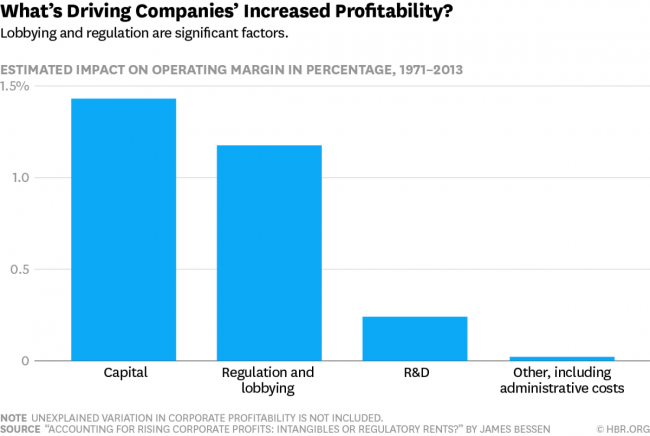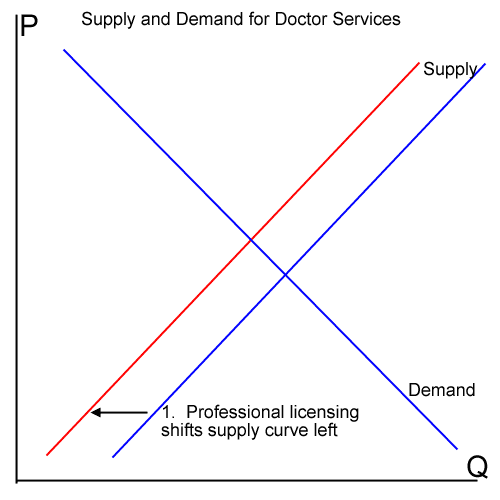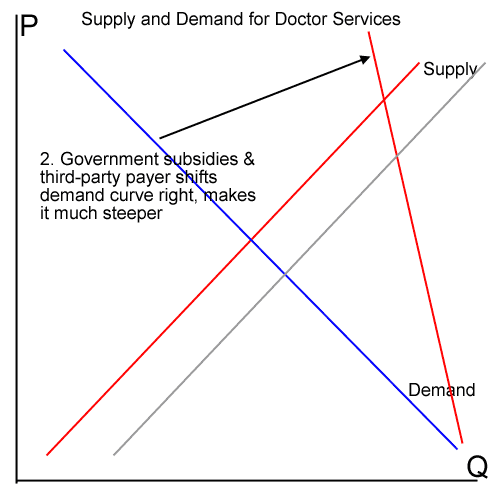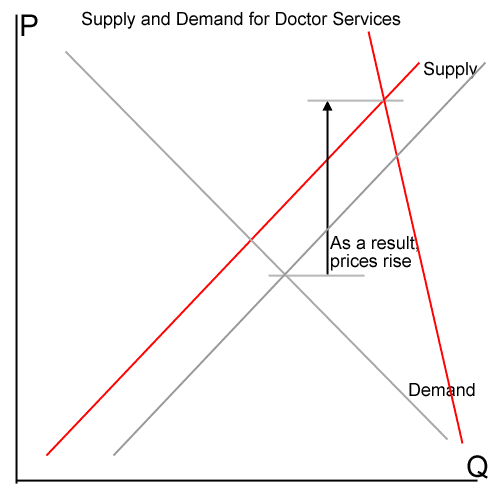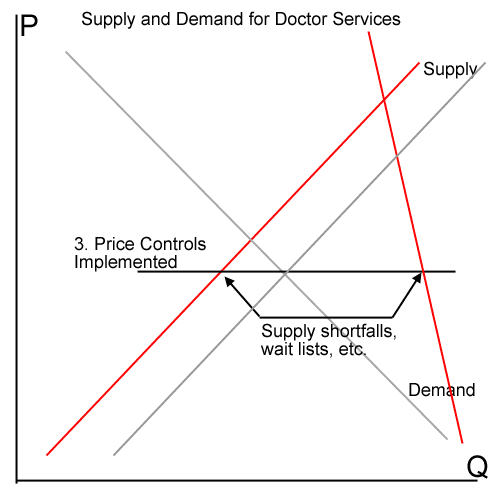Though It Would Benefit Me Greatly, the Proposed Pass-Through Entity Tax Cut Is A Bad Idea
In the most recent version of a tax "reform" proposal in Congress, there was a provision for a reduced personal income tax rate on income from pass-through entities. A pass-through entity is usually an S-corporation or an LLC, where the entity fills out a corporate tax form but pays no income taxes -- instead the income passes through to the individuals who own the entity, and taxes are paid on the individual return. This was a great innovation because it provides an alternative to the double taxation of income that still exists with traditional C-corporations (ie tax is paid by the corporation on income and again on the same income when it is passed through as capital gains or dividends to the owners).
I own an S-corp and would benefit greatly from a reduced tax rate on S-corp pass through income. But I oppose it. The basis of this tax proposal is a familiar one -- there is some type of economic behavior that Congress thinks is either meritorious or counter-productive, and there is a great urge to tweak the tax code to promote or hinder these behaviors. We get sold on the idea that owning a home is better than renting and thus we have the mortgage interest deduction. There are thousands of such tweaks in the tax code, and most have little to do with economic reality and more to do with some special interest rent-seeking with Congress.
Someone in Congress thinks it's good that business people own small businesses and they should get a lower tax rate. That's me, so thanks. But we end up with craziness, exactly as we do every time Congress tries to pick winners and losers. Here would be effective tax rates (corporate + individual) for income earned in different ways under the new plan:
- The lowest rate would be for income to a passive investor in a pass-through
- The next lowest rate would be for income to an active investor in a pass-through -- yes, from a tax point of view it is less meritorious to actually work at the pass-through entity than just collect checks. The logic is that part of one's pass-through income is for "labor" and thus needs to be taxed at the higher regular income tax rate. How anyone can separate how much of my profits are from my labor and how much is from -- what? unicorns? -- I have no idea
- The next higher rate would be paid on passive income from a C-corporation like ExxonMobil, which would be taxed at the corporate rate and then taxed at the dividend rate (currently 15%) on the individual return but the combination would likely be less than the maximum personal rate. For people without a lot of other income, this might be the highest taxed activity.
- The highest rate would be for people simply working and earning income, assuming they are in the upper tax brackets.
All of this makes zero sense, or to the extent it makes sense to anyone is based on economic theories that likely don't hold a lot of water. It reminds me of the old efforts to distinguish between the deserving and undeserving poor when giving out relief. Every person in Congress seems to have a personal vision of deserved and undeserved income. Just because the current folks have me in the deserving category doesn't mean that the next batch won't put me in the opposite category.
I think the entire corporate tax system needs to be junked. The amount of effort that goes into compliance, and perhaps more importantly, the number of distortions is creates, make finding an alternative well worth the effort. My tax plan has always been:
- Eliminate all deductions in the individual income tax code except for a single personal deduction
- Eliminate the corporate income tax.
- Tax capital gains and dividends as regular income.
- Eliminate the death tax as well as the write-up of asset values at death
Corporate income all eventually passes through to individuals as capital gains or dividends, so eventually they do get taxed. The same is true of inherited assets -- because they would not get written up in value at death, they would still trigger large capital gains once tapped by those who inherit the assets. As far as rates are concerned, I actually don't see a strong need for a flat tax -- I can live with the progressive rates we have now.
I have heard people of late saying that we can't eliminate the corporate income tax because foreign investors would never get taxed. First, they would get taxed, just in their home country. And second, who cares? There have got to be a lot of things worse than a rush of foreign capital into the US.

